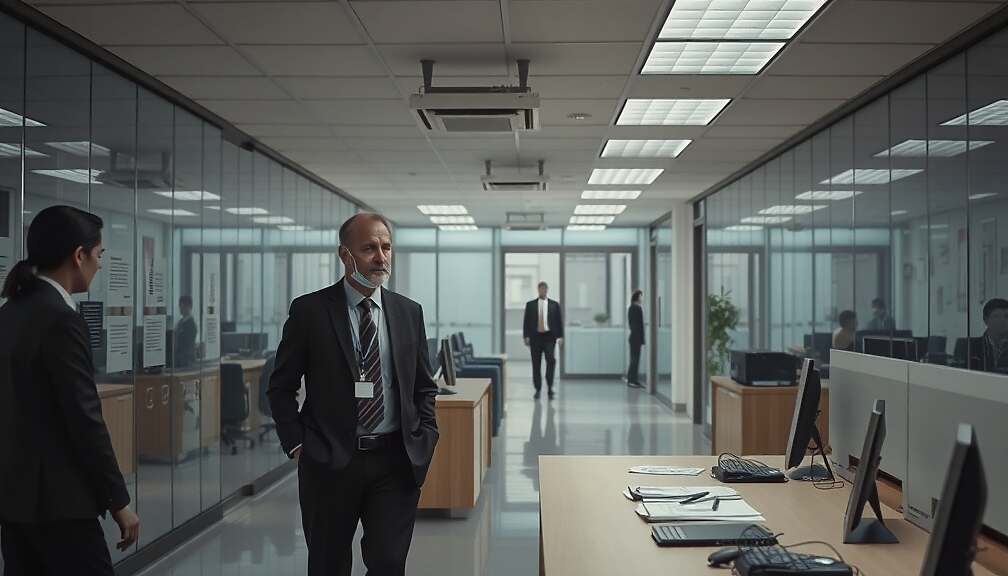The German Federal Cartel Office (Bundeskartellamt) has given the green light for rival company BioNTech’s planned acquisition of up to 100% of Curevac, a move that raises questions about the consolidation of power within the mRNA technology landscape. The decision, announced Tuesday, follows a review triggered by a regulatory threshold concerning transactions involving companies with low or no turnover, despite potential acquisition costs exceeding €400 million.
Andreas Mundt, head of the Bundeskartellamt, justified the approval, stating that there were minimal overlaps in the research pipelines of both companies and that the competitive environment within the broader mRNA field is robust enough to mitigate any potential dampening effect on innovation. This explanation, however, has drawn criticism from industry analysts and political observers who suggest the threshold regulation allows for questionable approvals given the limited revenue of Curevac.
The planned acquisition, to be executed through a stock swap, marks a significant development in the ongoing race to dominate the development and distribution of mRNA-based vaccines and therapeutics. Both BioNTech and Curevac gained public recognition following the COVID-19 pandemic due to their respective efforts in developing mRNA vaccines. The consolidation of these companies into a single entity further concentrates the market, particularly concerning future pandemic response strategies and the potential for pricing disparities.
While the Bundeskartellamt’s assessment focuses on direct overlap in research focus, critics argue that the future implications of BioNTech’s control over Curevac’s intellectual property and existing technologies deserve greater scrutiny. There are concerns that the acquisition could stifle competition, particularly as both companies increasingly expand beyond COVID-19 vaccine research into broader therapeutic applications. The decision highlights a potential loophole within German competition law, permitting large-scale acquisitions of companies with limited profit generation, while simultaneously underscoring the increasingly intertwined nature of pharmaceutical innovation and national strategic interests. Future legislative adjustments to the transactional value threshold might be needed to ensure robust competition and safeguard public health innovation.












